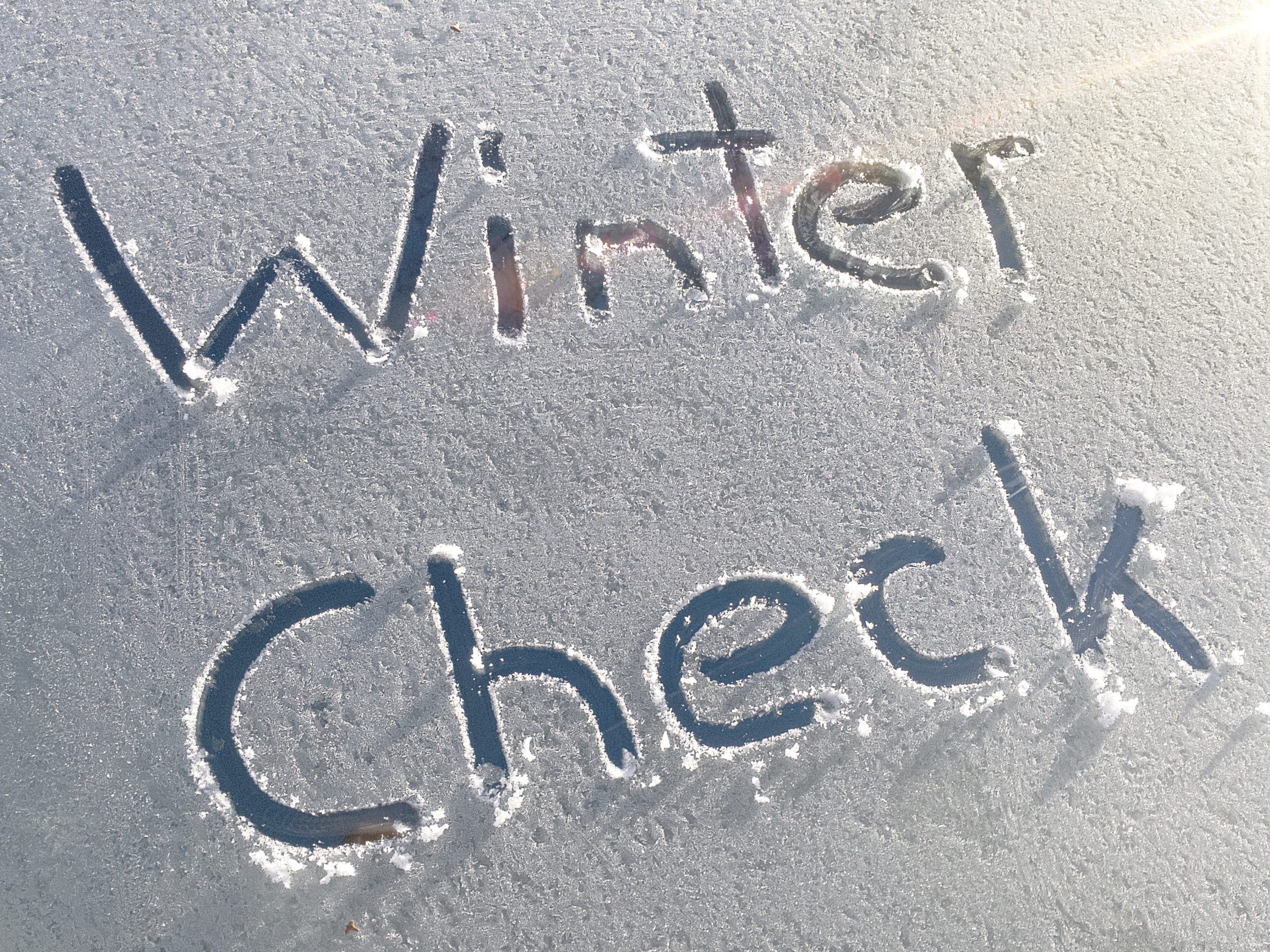Jan 12, 2023
Winters in the Midwest can be long and brutal, especially on our vehicles. From December through March, vehicles take the winter elements head on as we drive them through the snow, ice, salt, and extremely cold temperatures. These conditions can take a toll on a vehicle, leading to problems such as:
Frozen/Damaged Parts
Extreme cold temperatures can cause a vehicle’s fluid lines and other components to freeze, potentially causing them to break or malfunction.
Prevention: Check your hoses, belts, wires, and cables to make sure they are in good condition before the temperature drops below freezing. You should also make sure that the coolant you use has a low enough freezing point so that other components under the hood don’t freeze or overheat. Worst case scenario: If you don’t have enough coolant during the winter months, your engine could freeze and crack OR overheat while driving. Don’t be that person! Check everything, or have your mechanic check for you.
Flat or Deflated Tires
Cold temps can cause your tires to lose air pressure. If left unchecked, the tires will go flat. It also doesn’t help that driving on snow, salt, and ice can cause tire damage, which accelerates the deflation.
Prevention: Know how much air your tire can take. You can usually find this information on a sticker inside the driver’s door. The rule is that, typically, every 10 degrees of temperature change is around 1 lb of change in tire pressure. If you don’t feel like doing the math, most air pumps at gas stations can be automatically programmed to stop when your tire is at the correct PSI.
Dead Battery
Batteries lose power quickly in cold temperatures because starting a car in this weather puts additional strain on the battery. These conditions can ultimately lead to a dead battery.
Prevention: Check your battery to make sure that you have at least 600 cold cranking amps (CCA) available. The higher your CCA is, the least likely it is that your battery will die on you in the colder months.
Windshield Damage
When snow and ice accumulate on the windshield, it can cause the glass to crack or break.
Prevention: Keep your windshield clear of debris by making sure your washer reservoir is filled with winter formula washer fluid. This fluid can withstand negative temps up to -40° F, so it’s a great way to prevent damage in frigid temperatures.
Lastly (and probably the most important of all these tips), you shouldn’t let your gas tank go lower than half full. If you do run into problems on the road, it’s much better to wait for help inside of a warm vehicle, rather than outside in the cold weather. It goes deeper than that, though. The fluctuating temperatures can cause the gas in your tank to contract, making it difficult to start your vehicle. The fuller your gas tank is, the easier it will be to start in colder temperatures.
It’s important to take proper care of your vehicle before and during the winter months to prevent problems caused by the harsh weather conditions. Kunes Auto Group’s Service Team can help you any time! Schedule an appointment at a location near you today!



